1. Japan – Respect for Elders is a Way of Life
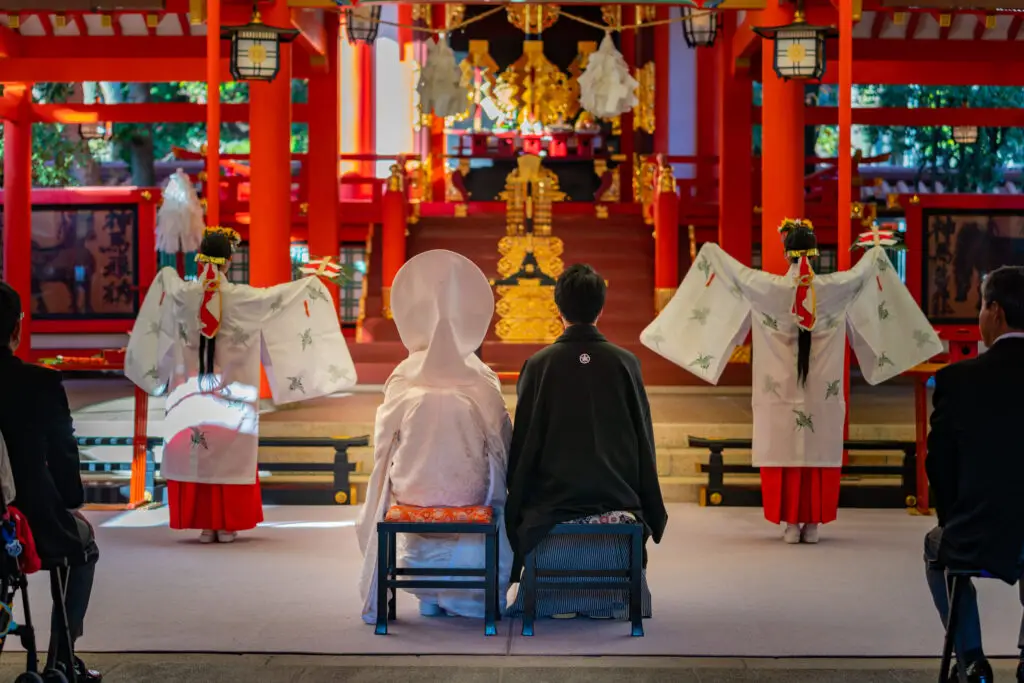
In Japan, age isn’t just a number—it’s the foundation of social structure. Elders are given the utmost respect, whether in family dynamics, workplaces, or politics. The concept of senpai-kohai (senior-junior) dictates interactions, with younger individuals expected to show deference to their seniors. Even in corporate settings, promotions are often influenced by seniority rather than just merit. It’s not uncommon for decisions in family businesses or political parties to be made by the eldest members. Traditional matchmaking services even consider age when pairing people, with younger women often encouraged to marry older men shares Pew Research Center.
At home, the eldest son typically inherits the family’s responsibilities, including caring for aging parents. The respect for older generations is also reflected in national holidays like Keiro no Hi (Respect for the Aged Day), where communities celebrate their elders. Even language reflects this hierarchy, with specific forms of speech used when addressing older individuals. While modernization has loosened some of these traditions, deep-seated cultural norms still ensure that age dictates much of life in Japan, according to Tokyo Weekender.
2. India – A Society Built on Age and Hierarchy
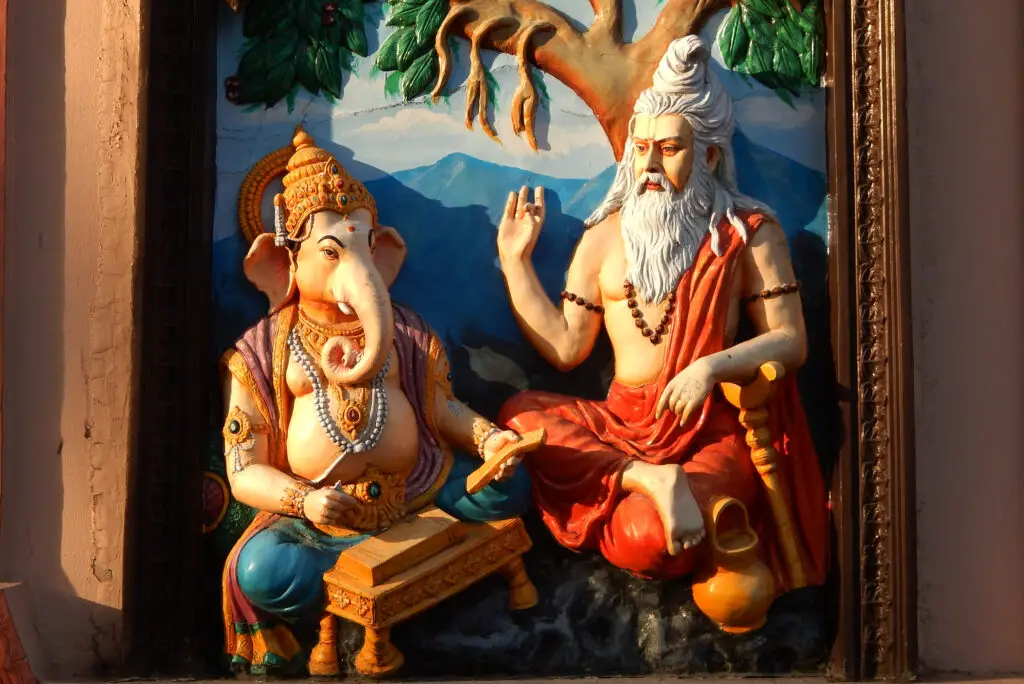
In India, age determines everything from social standing to marriage arrangements. Elders hold significant power in family decisions, often choosing partners for their children based on caste, wealth, and family reputation. The concept of guru-shishya parampara (teacher-disciple tradition) reinforces the idea that wisdom comes with age. In business and politics, seniority often outweighs innovation, with many companies preferring older leaders over younger entrepreneurs says Yahoo.
Even within families, younger members rarely challenge their elders, and questioning authority is seen as disrespectful. Arranged marriages frequently involve a significant age gap, with older men marrying younger women to ensure “stability.” The eldest son typically inherits family property and has the responsibility of caring for aging parents. Despite the country’s fast-paced modernization, age-based hierarchy remains deeply ingrained in Indian society shares Times of India.
3. China – Elders Rule in Family and Politics

In China, Confucian values continue to shape the way society views age. The family structure is built on filial piety, where children are expected to obey and care for their parents. It’s common for multiple generations to live under one roof, with the eldest members making major family decisions. Even in the workplace, age is associated with wisdom, meaning younger employees rarely outrank older colleagues.
In politics, seniority remains a crucial factor in leadership. The Communist Party tends to promote older, more experienced leaders, reinforcing the belief that age brings wisdom and stability. Marriages are often arranged with age in mind, favoring unions where men are older than their wives. Despite China’s rapid modernization, respect for elders is still a non-negotiable part of life.
4. Saudi Arabia – Age and Tradition Go Hand in Hand
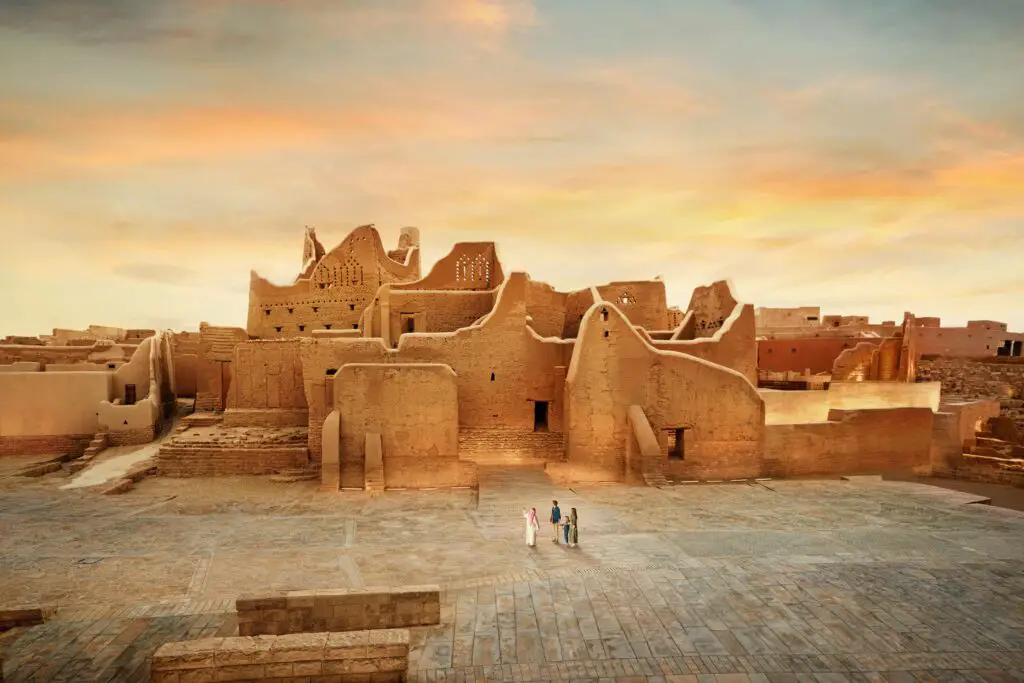
Saudi society operates on strict age-based hierarchies, especially within families and government. Elders command deep respect, and family decisions, including marriage, are often made by older male relatives. Young women, in particular, have little say in their marriage choices, as their elders decide when and whom they should marry. Even in business, younger professionals struggle to gain leadership roles unless they come from influential families.
The political system mirrors this structure, with the ruling monarchy favoring age and experience over youth. Tribal traditions further reinforce the importance of seniority, with older leaders making key community decisions. In social settings, younger people are expected to defer to their elders, whether at home, in meetings, or even casual conversations. While some younger generations are pushing for change, age remains a deciding factor in most aspects of Saudi life.
5. South Korea – Seniority Governs Everything
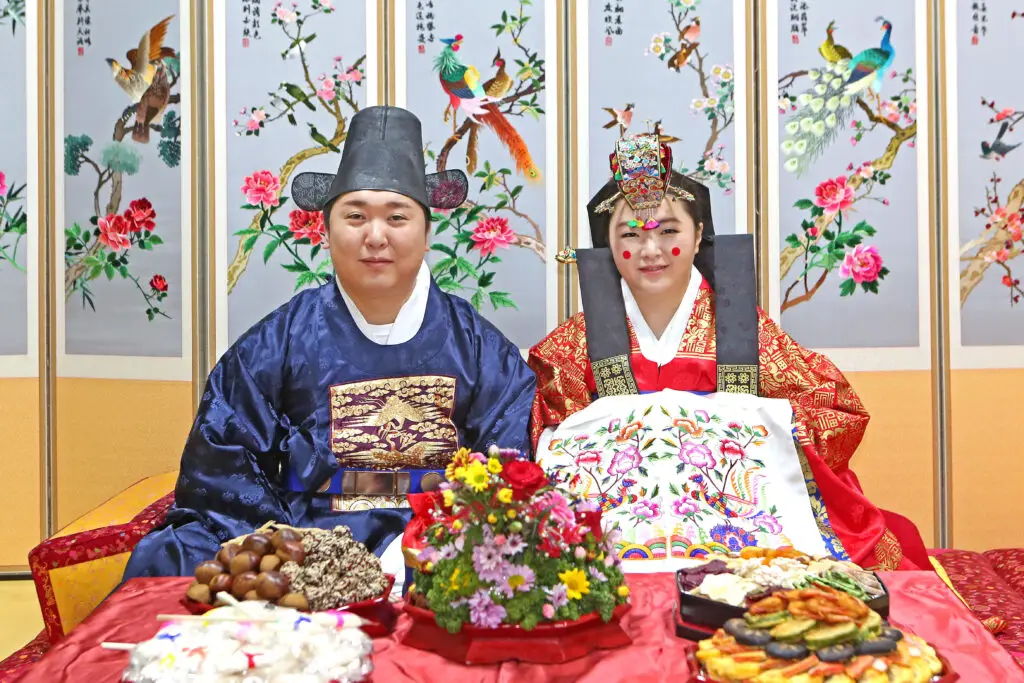
In South Korea, respect for elders is deeply rooted in Confucian tradition. Social interactions, workplace hierarchies, and even friendships are influenced by age. When meeting someone new, the first question is often, “How old are you?” because that determines how they should be addressed. Younger individuals use honorific speech when speaking to elders, and even casual friendships maintain age-based respect.
In business, promotions are usually based on seniority rather than merit, making it difficult for young professionals to climb the corporate ladder. In politics, older leaders are often preferred, as experience is highly valued. Family decisions, including marriages, are typically overseen by parents and grandparents. While younger generations are embracing a more relaxed approach, age-based hierarchy still holds firm in many aspects of life.
6. Iran – Elders Make the Rules
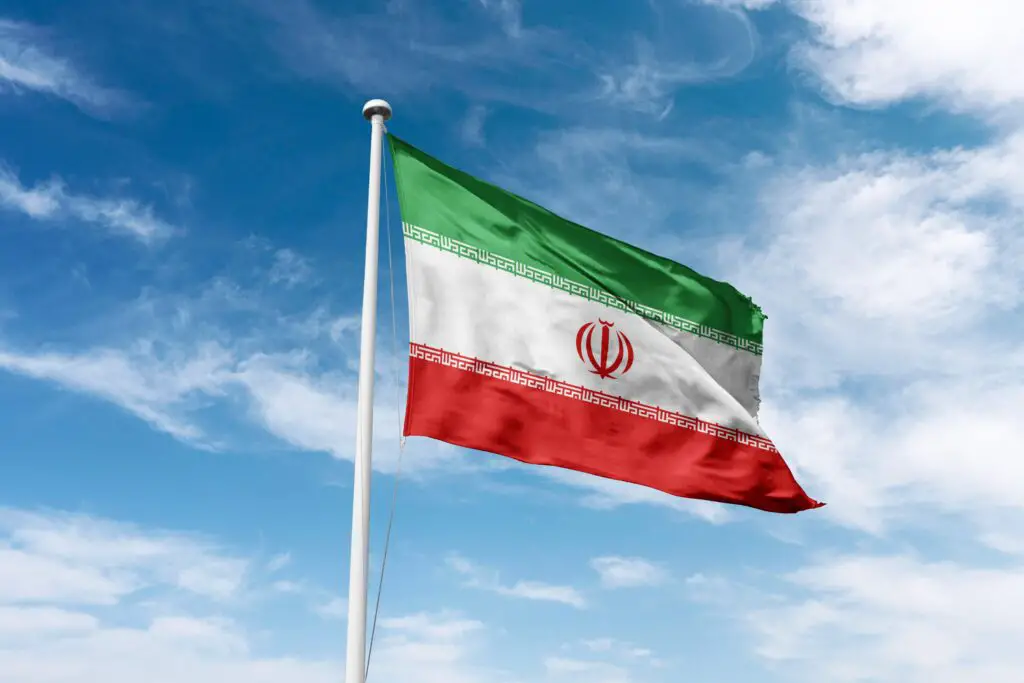
In Iran, respect for elders is more than just a cultural norm—it’s a societal expectation. Age determines who leads, who makes decisions, and even who gets the most say in family matters. In many households, younger members rarely contradict their elders, as doing so is seen as highly disrespectful. The political landscape reflects this, with older leaders dominating key government positions.
Marriage is also influenced by age, with younger women often marrying older men to ensure stability. Even in business, seniority plays a major role, with promotions largely based on experience rather than talent. Elders often serve as mediators in disputes, whether within families or communities. While modernization has introduced some shifts, the deep-rooted respect for age remains a defining aspect of Iranian society.
7. Nigeria – Seniority Means Authority

In Nigeria, age is a symbol of wisdom and authority. Elders are revered in family settings, and their word is often final in decision-making. Even in traditional governance, older men are usually the ones selected as village chiefs or community leaders. Young people are expected to listen and learn rather than challenge authority.
Marriages often follow this pattern, with older men marrying younger women. In business, experience is valued over innovation, meaning younger entrepreneurs must work twice as hard to gain credibility. The political system also reflects this, with older politicians holding onto power for decades. Despite Nigeria’s youthful population, the respect for age remains a strong societal pillar.
8. Russia – Age Dictates Social and Political Power
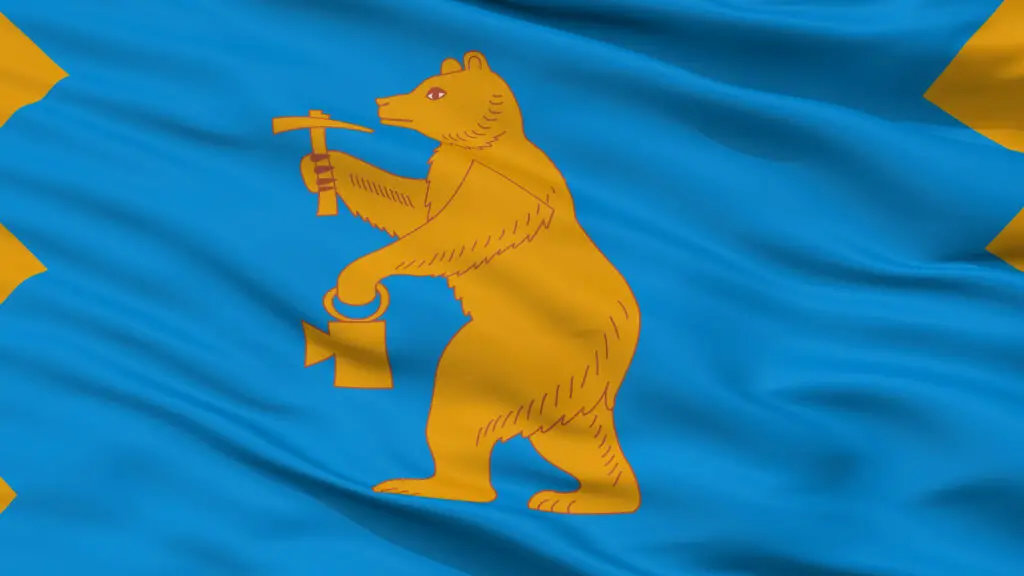
In Russia, age has long been associated with authority and experience. Whether in politics, business, or family life, seniority is respected. The country’s leadership has historically been dominated by older figures, with younger politicians struggling to break through. In corporate settings, promotions often go to those with the most years under their belt rather than those with fresh ideas.
Within families, elders play a key role in decision-making, especially when it comes to marriage and finances. Younger generations are expected to care for their aging relatives, a duty taken seriously in Russian culture. Even in casual interactions, younger individuals show deference to their elders. While younger generations are slowly challenging these norms, tradition still holds strong.
9. Mexico – Family Elders Hold the Power
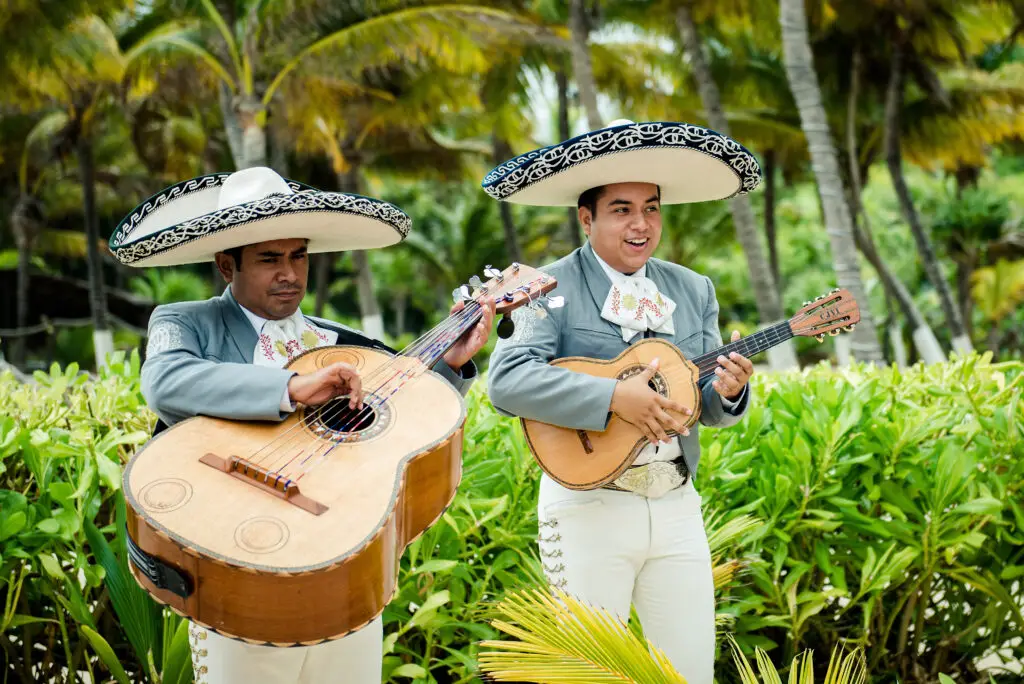
Mexican culture places immense value on age, particularly within families. Grandparents often have significant influence over major decisions, including marriage and finances. Younger generations are taught to respect their elders from an early age, and it’s common for multiple generations to live under one roof.
In business, older professionals tend to be favored for leadership roles, while younger employees are expected to earn their place through years of experience. Politically, seniority is often linked to credibility, with older leaders being preferred. Family gatherings revolve around honoring the eldest members, and their advice is rarely ignored. Though modernization is changing some traditions, age still dictates many aspects of life.
10. Ethiopia – Elders Shape Communities and Traditions
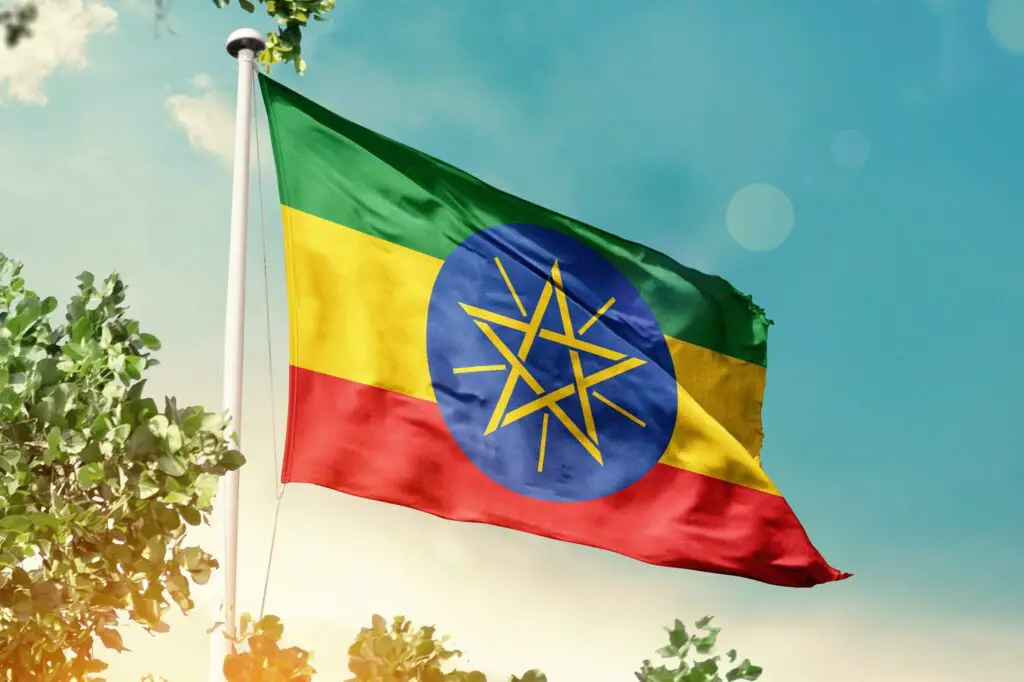
In Ethiopia, age is deeply tied to respect and authority. Elders are seen as the bearers of wisdom, making them the primary decision-makers in families and communities. Traditional councils, known as shimageles, are composed of older men who mediate disputes and make major social and political decisions. Their word carries immense weight, and younger people rarely challenge their authority.
Marriage customs also follow age-based expectations, with older family members arranging matches and ensuring traditional values are upheld. In some regions, the eldest son is responsible for maintaining family land and caring for his parents in old age. Even in business, leadership positions tend to go to those with the most years of experience. While urban areas are slowly shifting toward a more modern structure, age remains a dominant factor in social status.
11. Greece – Ancient Respect for Elders Still Endures

Greek society has long valued wisdom and experience, dating back to the days of philosophers like Socrates and Plato. In modern Greece, this reverence for age is still visible in family life, politics, and business. Elders play a crucial role in decision-making, particularly in family matters such as marriage, career choices, and property inheritance. Younger family members are expected to listen and follow their guidance.
Even in politics, older leaders are often preferred, as experience is seen as a crucial asset. The workplace follows a similar pattern, with younger employees working their way up through years of service. Family gatherings revolve around the eldest members, with their opinions carrying significant influence. While younger generations are pushing for change, the respect for age remains a defining part of Greek culture.
12. Thailand – A Society Built on Seniority
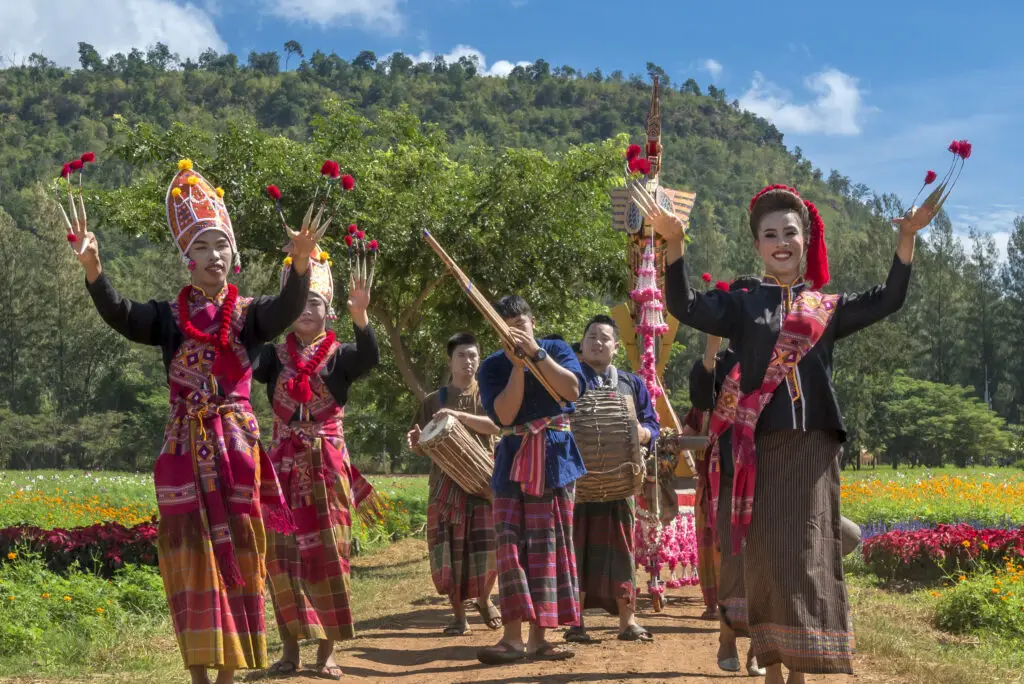
Thailand’s culture is deeply rooted in the concept of kreng jai, which emphasizes deference to elders and authority figures. Age dictates how people interact, with younger individuals expected to use formal speech and gestures when addressing their seniors. In family life, parents and grandparents hold significant influence over major decisions, including marriage and career paths.
Workplace hierarchies are also structured around age, with promotions often favoring senior employees over younger, ambitious workers. Monastic life follows this pattern as well, with senior monks receiving the highest respect. Even in casual social settings, younger people are expected to let elders speak first and avoid contradicting them. While modernization is changing some aspects of Thai society, the deep-rooted respect for age remains intact.
13. Turkey – Age Brings Authority in Family and Politics

In Turkey, elders are seen as the backbone of family and society. Grandparents often have a say in major life decisions, from marriage to career choices. Respect for age is instilled early, with younger family members showing deference through gestures like kissing the hand of an elder. It’s common for multiple generations to live together, with the eldest members leading family discussions.
Politics and business also favor seniority, with older individuals often holding the most powerful positions. Traditional customs dictate that younger individuals should seek the guidance of elders before making big decisions. Even in social settings, it’s considered rude to speak out of turn when an older person is present. While younger generations are embracing more independence, the cultural emphasis on age-based hierarchy remains strong.
